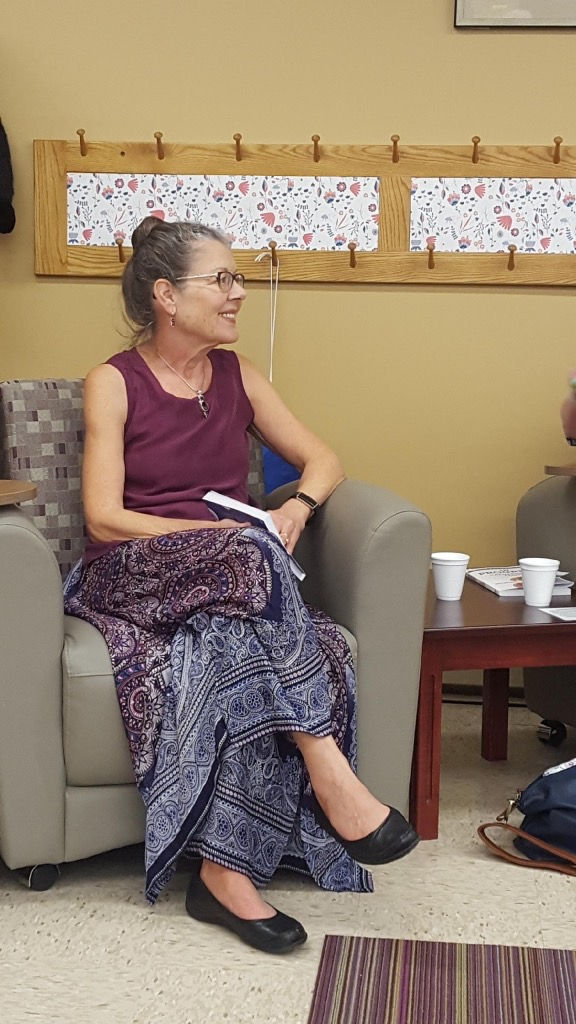This has to stop
- melissa39316
- Dec 3, 2023
- 3 min read
Oct. 6, 2015

Many years ago a good friend of mine – I will call her Grace – told me the story of what had happened to her family when she was six. Grace and her brother Bobby, one year her senior, and their four-year-old sister Karen, were playing cops and robbers upstairs at a neighbours’ house when Bobby fished a revolver out of the top drawer of a bedside table, pointed it at Karen, said, “Bang, bang! You’re dead!” then shot her at close range in the temple, killing her instantly.
As horrific as that story was, however, it was Grace’s account of what happened to her family after the shooting that has stuck with me all these years; her family was, quite literally, blown apart. The parents, wracked with grief, talked obsessively about going into the woods and shooting themselves in a double suicide, just to be free of the terrible, grinding pain. Grace, frozen with dread, heard them whispering about this when they thought she was asleep. Can you imagine how terrifying that must have been to a child, to hear her parents talk like that?
Eventually she and Bobby were packed off to live with relatives until the parents could get a grip, but not before the seven year old boy was questioned by the police to determine if his sororicide was a crime and by a priest to determine if it was a sin. It was a determination, incidentally, which no one thought to get back to him on and so he lived for decades with the conviction that he was bad, that this had been all his fault, that he had taken not only his sister's life, but broken his family into pieces. Over the years, his terrible guilt came to define him.
After some considerable time had passed, Bobby and Grace were able to return home, whereupon the parents imposed a strict ban of silence on the family: Karen was gone; no one was allowed to mention how she had been taken from them.
In time Grace became a social worker and devoted herself to the most difficult and heart-rending cases of child welfare. She is one of the most compassionate and selfless people it's been my privilege to know, but also, somehow, one of the saddest. You could tell that something terrible had happened to her. As for Bobby, he became a urologist, his life’s work a guilt-fueled struggle to gain atonement through achievement and over-compensation.
Then, on a night not long before Grace told me this story, the dam broke: she and Bobby and their parents discussed the accident for the first time in over thirty years, staying up into the wee hours of the morning to hash it all out. In doing so, they realized that Karen's death had been the single most important event of their lives, that everything had flowed from it, that they were who they were because of it. That it had changed everything.
All because a neighbour had failed to properly secure his weapon.
This is the point I want to make: there is a story similar to Grace’s for the family and loved ones of every victim of gun violence, whether it was the Idaho mother killed when her toddler pulled a gun out of her purse in Walmart and shot her dead or the man who just gunned down ten people at Umpqua Community College in Oregon. It does not end with the victims' funeral or getting through the first Christmas or on the ten year anniversary or the thirtieth. For the people affected by gun violence . . . and there are so many and counting . . . it changes everything. Forever.
This does not need to happen.
It has to stop.


Comments